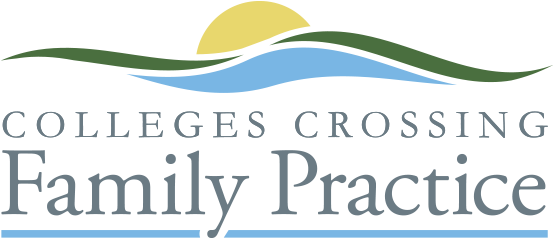Covid19 has put a hold on lots of things this year, but please do not let it delay your participation in cancer screening. Bowel cancer is very common in our community; with roughly 1 in 25 Australians affected we have one of the highest rates in the world. Screening for this disease is very useful due to the high rates of detection and also because bowel cancer is a condition where an early diagnosis means that you have a much higher chance of recovery and much less impact on your quality of life.
You can increase your odds of an early diagnosis by partaking in bowel cancer screening every two years after the age of 50 (if you are higher risk, e.g. you have a family history of bowel cancer it is best to discuss this with your GP who can tailor-make a screening schedule with you). The term ‘screening’ in medicine means that healthy and well people (at low risk and without symptoms) undergo a simple test to check for signs of disease – in this case, the presence of trace amounts of blood in the stools. The sample taken from the toilet bowel at home a few days in a row and although it sounds a bit irksome it is not difficult. A positive test result indicates the need for further investigation to check the source of the blood, and this usually means a colonoscopy within 4 weeks. Aside from routine screening, anyone, at any age, at higher risk or with untoward symptoms should not delay in discussing their situation with their GP especially as we know that bowel cancer is increasing in incidence in younger people.
The Federal government currently offers free screening every two years to citizens aged 50-75 – so when you turn 50 you can expect a potentially life-saving birthday present in the mail! If you think you have missed being sent a kit, or your kit has expired you can request these at the following website:
Other ways to improve your bowel health are to eat plenty of vegetables, exercise, have fewer alcoholic drinks, and if you smoke consider quitting.
Dr Cath Hester at www.ccfamilypractice.com.au
These articles are not intended to replace a one-to-one relationship with a qualified health professional or as specific medical advice. They are intended as a sharing of knowledge and information from experience and research in the scientific literature. I encourage you to make your own health care decisions based upon a partnership with a qualified health care professional.
